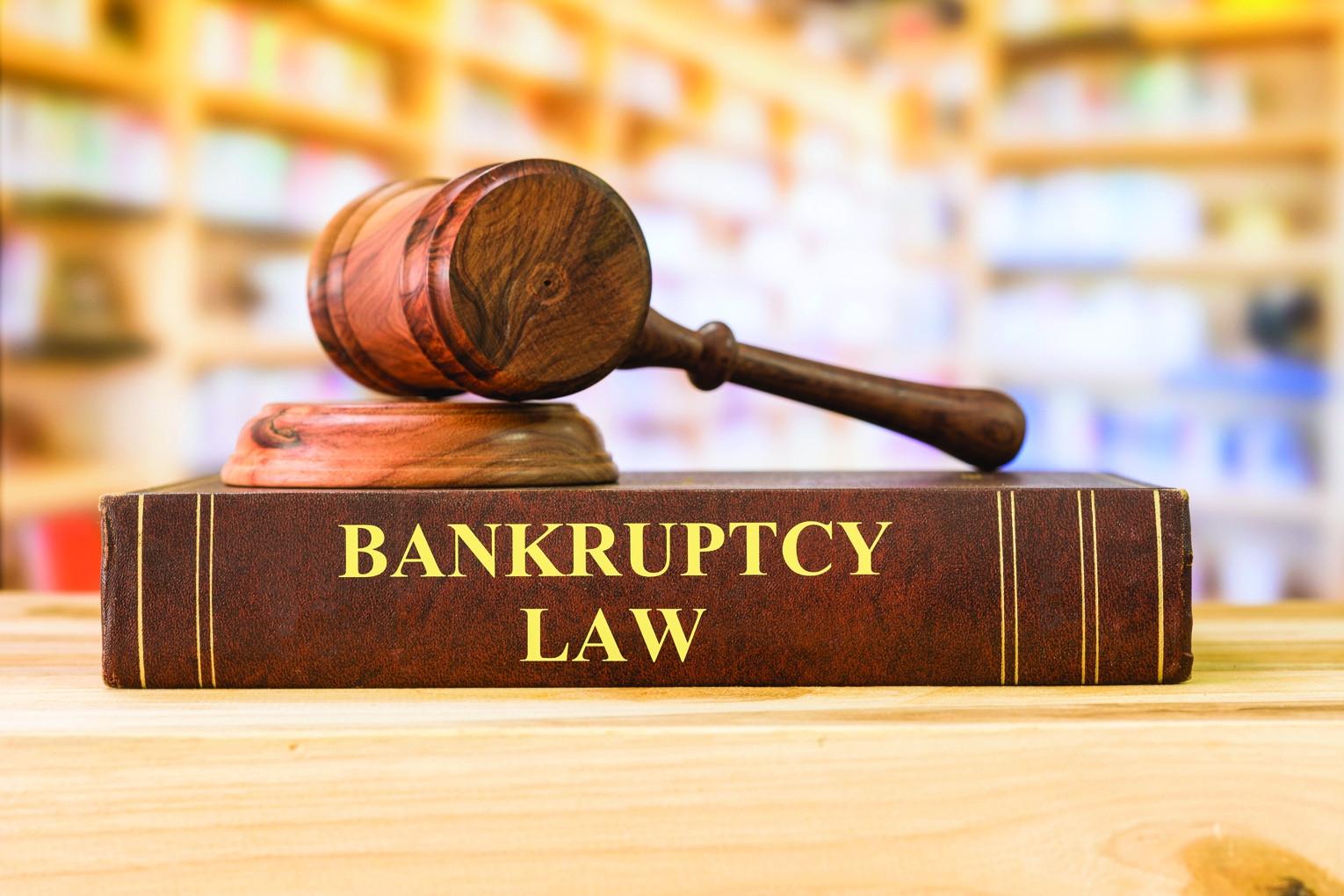
Importance of Getting Early Legal Help for Bankruptcy Creditors
Receiving notice that a customer or client has filed for Chapter 11 bankruptcy often does not come as a surprise. But, creditors are quite often surprised by what that customer plans to do once they enter Chapter 11.
In general, debtors enter Chapter 11 (reorganization) with the intention of operating the business long enough to either maximize any liquidation value or with the goal of continuing operations past confirmation of their reorganization plan. Regardless of whether the plan for the business includes short-term or long-term continuance, a debtor entering Chapter 11 will have a need for immediate action from the bankruptcy court to continue day-to-day operations.
The difficulty for a debtor (and, frankly, for creditors), however, is that upon filing, the automatic stay is triggered and from that moment forward. This means the debtor may no longer make any payments for pre-petition debts. This creates obvious problems for a debtor that needs to pay its employees and literally “keep the lights on.” To get permission from the Court to handle these logistical problems, debtors file “first day” motions. First day motions are usually filed on the same day the bankruptcy is filed or shortly thereafter. Hearings occur on an expedited basis, usually within days after the filing. This creates an issue for creditors who will need to engage counsel quickly. Creditor's counsel, in turn, also then need to get up to speed quickly. Because of the complexity of many Chapter 11 cases and because of how quickly the first day motions are often taken up by the Court, it is important for bankruptcy creditors to reach out to counsel immediately when after receiving notice of a Chapter 11 filing.
The most common first day motions include (1) Motion to Use Cash Collateral; (2) Motion to Pay Pre-Petition Wages; (3) Motion for Order Authorizing Payment of Critical Vendors, and (4) Motion for Debtor-in-Possession Financing.
Motion to Use Cash Collateral
Cash collateral is cash of a business that is subject to a security interest of a creditor. Under the bankruptcy code, the debtor is not allowed to use its cash collateral without first obtaining consent from the creditor who has the lien on that cash collateral and usually from the bankruptcy court as well. Obviously, creditors holding liens on a debtor’s cash collateral have an interest in ensuring they are protected if a debtor is allowed to use that collateral to continue the business. Oftentimes, those creditors can require provisions be put in place granting them protection in the form of additional collateral or super-priority positions on collateral. This negotiated protection impacts not only the secured creditor for the cash collateral but also other secured and unsecured creditors.
Motion to Pay Pre-Petition Payroll
To make payroll payments, a debtor will often file a motion with the bankruptcy court to obtain approval to use any funds on hand, usually cash collateral, to pay employees.
Motion for Order Authorizing Payment of Critical Vendors
A debtor can seek authority to pay claims incurred prior to the bankruptcy filing owed to “critical vendors” that supply goods and services. Debtors usually argue that unless these motions are granted, their critical vendors will refuse to continue supplying goods and services which will jeopardize their reorganization. These motions are generally negotiated to allow critical vendors to receive payment of pre-petition debts in exchange for continuing to supply to debtor under certain negotiated terms. If your business is considered a critical vendor, early negotiation of payment as a critical vendor can allow for the best chance of payment of pre-petition debts and payment of future invoices under the most favorable terms.
Motion to Approve Debtor-in-Possession (DIP) Financing
In the event that debtor’s cash reserves are not sufficient to fund its day-to-day operations and its reorganization, debtors will often seek debtor-in-possession financing or “DIP” financing. A DIP financing motion is somewhat like the cash collateral motion in that it often impacts, to some extent, all stakeholders in a bankruptcy. In order to obtain DIP financing, debtors often provide super-priority liens upon existing collateral. All secured creditors should be aware of these liens. Debtors also often seek to have DIP financing paid as an administrative claim, which means the DIP creditor’s claims will be paid ahead of most other creditors. Because of the many forms DIP financing motions can take, it is imperative for creditors to get an attorney involved as quickly as possible and before the Court grants a motion for DIP financing in order to protect their position and claim.
Most first day motions are initially granted on an interim basis. Practically speaking, however, once the cash collateral has been spent or certain liens granted, the realistic impact of the granting of those interim orders may be irreversible. Thus, it is important to be proactive for first day motions even if final orders will not come for several weeks or months after the first day motions are heard.
In sum, notice of a Chapter 11 bankruptcy means that a creditor’s relationship with the debtor is going to change and, in the case of first day motions, it may change quickly and fundamentally. To ensure that you are protected if a client or customer files for Chapter 11 bankruptcy, you should immediately seek the advice of experienced bankruptcy counsel upon learning of a Chapter 11 filing.